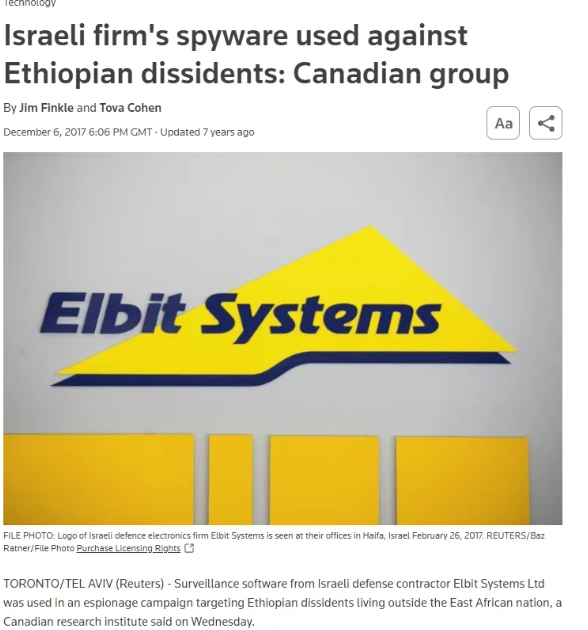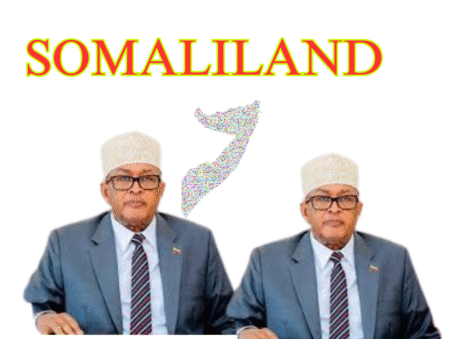Ethiopia’s Use of Advanced Phone-Hacking Software and Its Political Implications
2022 Ethiopia acquired advanced phone-hacking software from Israeli companies in 2022, raising significant concerns regarding its potential use for political surveillance. This software, comparable to the notorious Pegasus spyware, allows Ethiopian authorities to monitor calls, messages, and private communications remotely without the target being aware. The implications of this technology are wide-ranging, particularly in the political landscape of Ethiopia and its neighboring regions, notably Somalia.
How the Software is Affecting Key Political Figures
Reports indicate that the Ethiopian government has been utilizing this phone-hacking technology to gain strategic advantages by targeting the phones of key Somali politicians and their families, particularly those involved in regional politics. This practice has sparked concerns about Ethiopia’s intentions and its impact on the delicate political dynamics between Ethiopia and Somalia.
Somali regional leaders are pivotal in managing the fragile relationship between the two countries. By intercepting their communications, Ethiopia can obtain sensitive information about political strategies, negotiations, and alliances. This enables the Ethiopian government to undermine the autonomy of Somali political figures and manipulate outcomes in its favor. Such actions are not limited to Somalia alone; opposition leaders within Ethiopia have also been targeted. Their plans and movements have reportedly been monitored, allowing the Ethiopian government to preempt political resistance, staying one step ahead of its opposition.
Vulnerability of Somali Politicians
Somali politicians are particularly vulnerable due to Somalia and Ethiopia’s intertwined political and economic interests. The two nations’ close proximity and shared borders mean that political developments in one country often have significant implications for the other. With access to private communications, the Ethiopian government can influence political outcomes within Somali regions, often to its strategic benefit.
The ability to intercept private conversations gives the Ethiopian government a decisive advantage in regional negotiations. By possessing sensitive intelligence, Ethiopia can assert its influence over strategic border areas, solidifying its political dominance. This technology, therefore, serves as more than just a surveillance tool; it is a means to control decision-making processes and neutralize potential political threats to Ethiopia’s regional interests.
The Political Implications
The political implications of this surveillance are far-reaching. By using phone-hacking software to track the movements and communications of influential leaders, Ethiopia seeks to prevent the formation of coalitions that could challenge its dominance in the region. This covert monitoring further entrenches Ethiopia’s influence in strategic areas, particularly those along its borders with Somalia.
This type of surveillance poses serious threats not only to individual privacy but also to the sovereignty of nations like Somalia. The technology effectively gives Ethiopia the upper hand in steering political outcomes, undermining the political autonomy of neighboring states.
Recommendations for Somalia
Given the magnitude of this threat, Somalia must take the issue of cyber surveillance seriously. To safeguard national security and protect sensitive political communications, Somalia should consider temporarily discontinuing smartphones by high-ranking officials, including parliament members, cabinet ministers, and federal presidents. Implementing strict cybersecurity protocols and transitioning to more secure communication methods will be crucial in mitigating the risks posed by phone-hacking software.

Ethiopia’s acquisition and use of advanced phone-hacking technology have far-reaching political implications, particularly for its regional neighbors like Somalia. By manipulating private communications, Ethiopia can influence political decisions and maintain its regional dominance. To counter these actions, Somalia and other affected nations must prioritize cybersecurity and take proactive steps to protect their political sovereignty.






